Top Class Actions’s website and social media posts use affiliate links. If you make a purchase using such links, we may receive a commission, but it will not result in any additional charges to you. Please review our Affiliate Link Disclosure for more information.
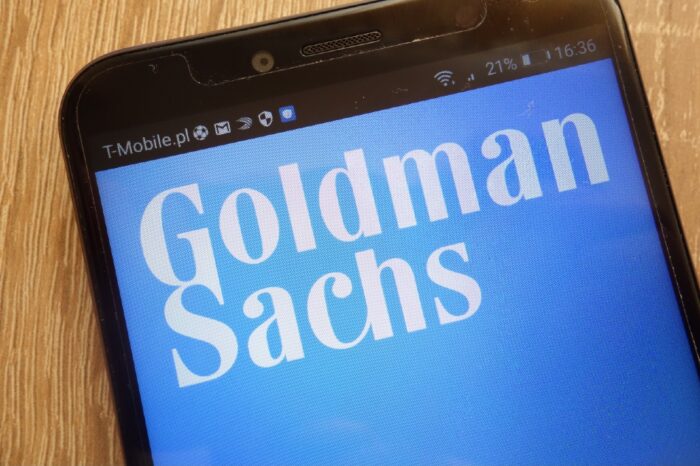
Investors who say they lost more than $13 billion after buying “artificially high” Goldman Sachs stocks before the 2008 financial crisis must go back to the drawing board after a new ruling from the U.S. Supreme Court.
On Monday, the court threw out a decision from Manhattan’s Second U.S. Circuit Court of Appeals that gave investors in the company permission to sue under federal investor protection laws, CNBC reported.
The Arkansas Teacher Retirement System and other pensions that bought shares in Goldman Sachs between February 2007 and June 2010 had filed a class action accusing the company of violating the Securities Exchange Act of 1934.
They said the bank’s “fraudulent” statements kept its stock price artificially high. The plaintiffs also alleged Goldman’s statements on having “ethical principles” and internal controls against conflict of interest inflated the stock price. However, Goldman argues the statement were simply “aspirational,” and shouldn’t have had any impact on stock price.
The plaintiffs also claimed the bank hid conflicts of interest when creating risk-laden subprime securities that in part led to the 2008 Global Financial Crisis.
However, in its decision Monday, the Supreme Court justices ruled that the Second Circuit must rehear the case.
In its judgement, it wrote that the court had not adequately assessed whether the bank’s statements to investors had actually been misleading, or if they were too generic to affect the stock price.
The lower court’s reasons “leave us with sufficient doubt on this score,” Justice Amy Coney Barrett wrote in the Supreme Court ruling, adding that on the next hearing it must “take into account all record evidence relevant to price impact.”
The case reportedly came out of Goldman’s sale of collateralized debt obligations, in particular Abacus 2007 AC-1.
CNBC reports that, in 2010, Goldman reached a $550 million settlement with the U.S. Securities and Exchange Commission to end claims it stiffed Abacus investors by hiding a hedge fund manager’s role in the transactions, and how he made a $1 billion profit by betting the sale of the obligations would flop.
In 2012, a securities lawsuit against Goldman Sachs Group, Inc., Bank of America, and several other large securities firms was settled for $18.5 million.
The securities fraud lawsuit alleged that the defendant trading firms engaged in self-dealing and illegal proprietary trading as specialist firms for the NYSE, which used the firms to funnel trades.
The plaintiffs say that the firms traded ahead of orders to buy and sell stock and that the NYSE failed or neglected its duties to regulate the firms.
What do you think of the Supreme Court’s decision in this case? Let us know in the comments!
Don’t Miss Out!
Check out our list of Class Action Lawsuits and Class Action Settlements you may qualify to join!
Read About More Class Action Lawsuits & Class Action Settlements:
- BREAKING: Media Mogul Miles Guo Sold ‘Worthless’ Investments to Immigrants, Claims Class Action Lawsuit
- Cybersecurity Company Proofpoint Misled Stockholders, Class Action Lawsuit Claims
- Grubhub Broke ‘Unlimited Free Delivery’ Promise, Alleges Class Action Lawsuit
- M&T Bank Mortgage Fees $3.325M Class Action Settlement



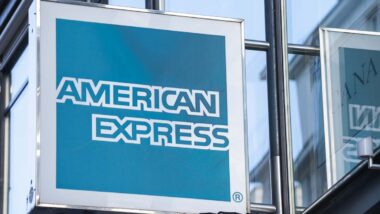

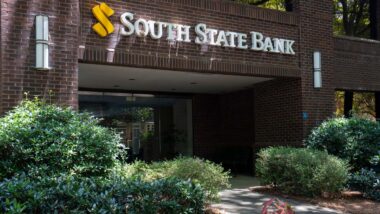





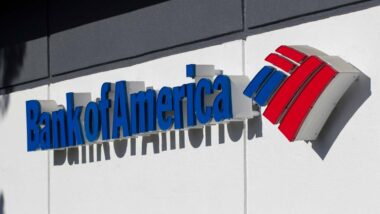
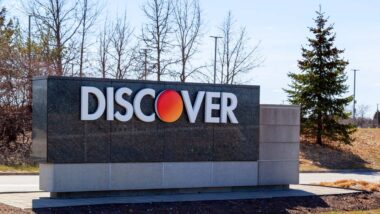


One thought on Goldman Sachs Gets a Win in Financial Crisis Investor Class Action Lawsuit
Add me